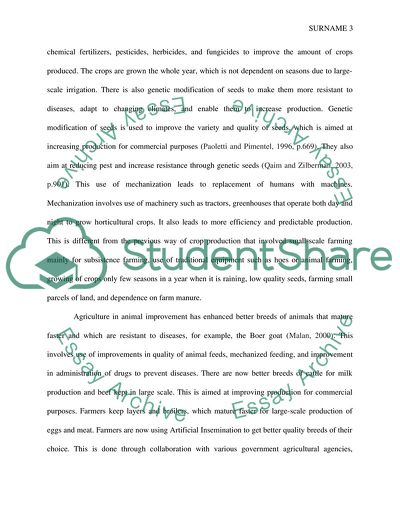Cite this document
(Weber Theory on Rationalization of the Society in Contemporary South Essay, n.d.)
Weber Theory on Rationalization of the Society in Contemporary South Essay. https://studentshare.org/sociology/1828622-write-an-essay-applying-max-webers-theory-of-the-rationalisation-of-society-to-contemporary-south-africa-reflect-on-the-coexistence-of-traditional-and-religious-beliefs-and-practices-on-the-one-hand-and-rationalized-society-on-the-other
Weber Theory on Rationalization of the Society in Contemporary South Essay. https://studentshare.org/sociology/1828622-write-an-essay-applying-max-webers-theory-of-the-rationalisation-of-society-to-contemporary-south-africa-reflect-on-the-coexistence-of-traditional-and-religious-beliefs-and-practices-on-the-one-hand-and-rationalized-society-on-the-other
(Weber Theory on Rationalization of the Society in Contemporary South Essay)
Weber Theory on Rationalization of the Society in Contemporary South Essay. https://studentshare.org/sociology/1828622-write-an-essay-applying-max-webers-theory-of-the-rationalisation-of-society-to-contemporary-south-africa-reflect-on-the-coexistence-of-traditional-and-religious-beliefs-and-practices-on-the-one-hand-and-rationalized-society-on-the-other.
Weber Theory on Rationalization of the Society in Contemporary South Essay. https://studentshare.org/sociology/1828622-write-an-essay-applying-max-webers-theory-of-the-rationalisation-of-society-to-contemporary-south-africa-reflect-on-the-coexistence-of-traditional-and-religious-beliefs-and-practices-on-the-one-hand-and-rationalized-society-on-the-other.
“Weber Theory on Rationalization of the Society in Contemporary South Essay”. https://studentshare.org/sociology/1828622-write-an-essay-applying-max-webers-theory-of-the-rationalisation-of-society-to-contemporary-south-africa-reflect-on-the-coexistence-of-traditional-and-religious-beliefs-and-practices-on-the-one-hand-and-rationalized-society-on-the-other.


